In Peru, a recent development has sparked discussions about an amnesty initiative.
This move comes amidst a wave of similar actions across South America, raising questions about the state of democracy in the region.
The amnesties in Peru, Nicaragua’s acceptable dictatorship, and the alleged persecution of Brazil’s President Bolsonaro have captured attention, highlighting complex political landscapes in the continent..
In Peru, the announcement of an amnesty has drawn mixed reactions from the public and political commentators.
Some view it as a step towards reconciliation and healing in a country with a history of political turmoil, while others express concerns about accountability and justice.
The decision reflects broader challenges facing South American nations in addressing past injustices and moving towards a more inclusive and stable future..
Nicaragua’s situation raises debates about the boundaries of democracy and governance in the region.
The acceptance of a dictatorship in the country raises alarm bells among democracy advocates, who fear the erosion of democratic norms and institutions.
This case underscores the importance of safeguarding democratic principles and upholding the rule of law in South America..
In Brazil, the narrative of President Bolsonaro as a victim of persecution has polarized opinions within the country and beyond.
Supporters argue that he is facing unfair treatment from political opponents and the media, while critics point to his controversial policies and statements as reasons for scrutiny.
The debate reflects the deep political divisions and challenges to democratic governance in Brazil and the wider South American context..
Looking ahead, these developments signal a critical moment for democracy and human rights in South America.
The varying approaches to justice, governance, and accountability across the region underscore the need for continued vigilance and engagement to ensure that democratic values are upheld.
As South American countries navigate complex political landscapes, the outcome of these debates and decisions will have lasting implications for the future of democracy in the region..



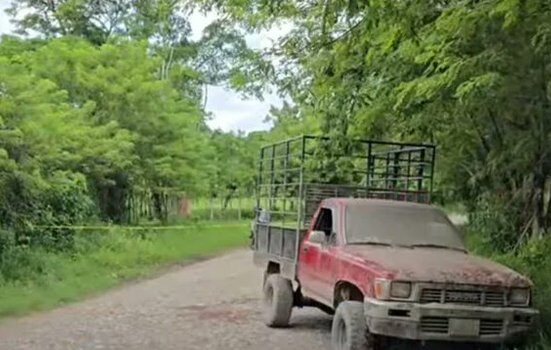

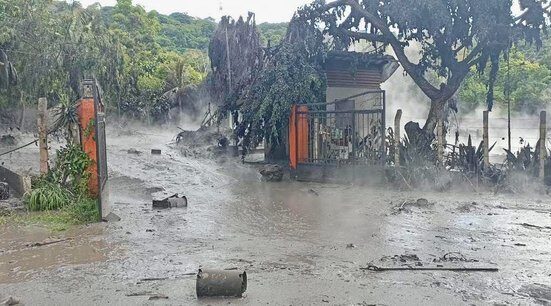
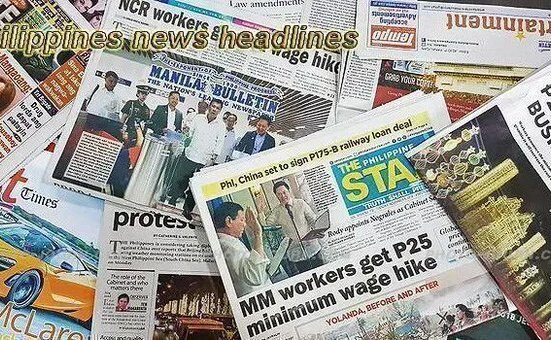
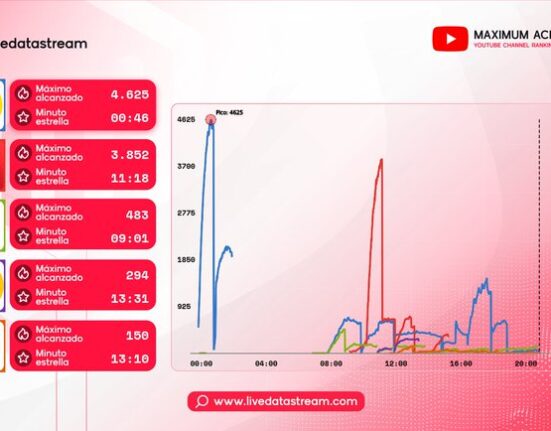
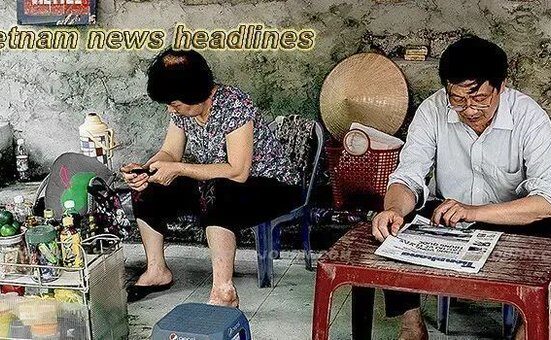
Leave feedback about this